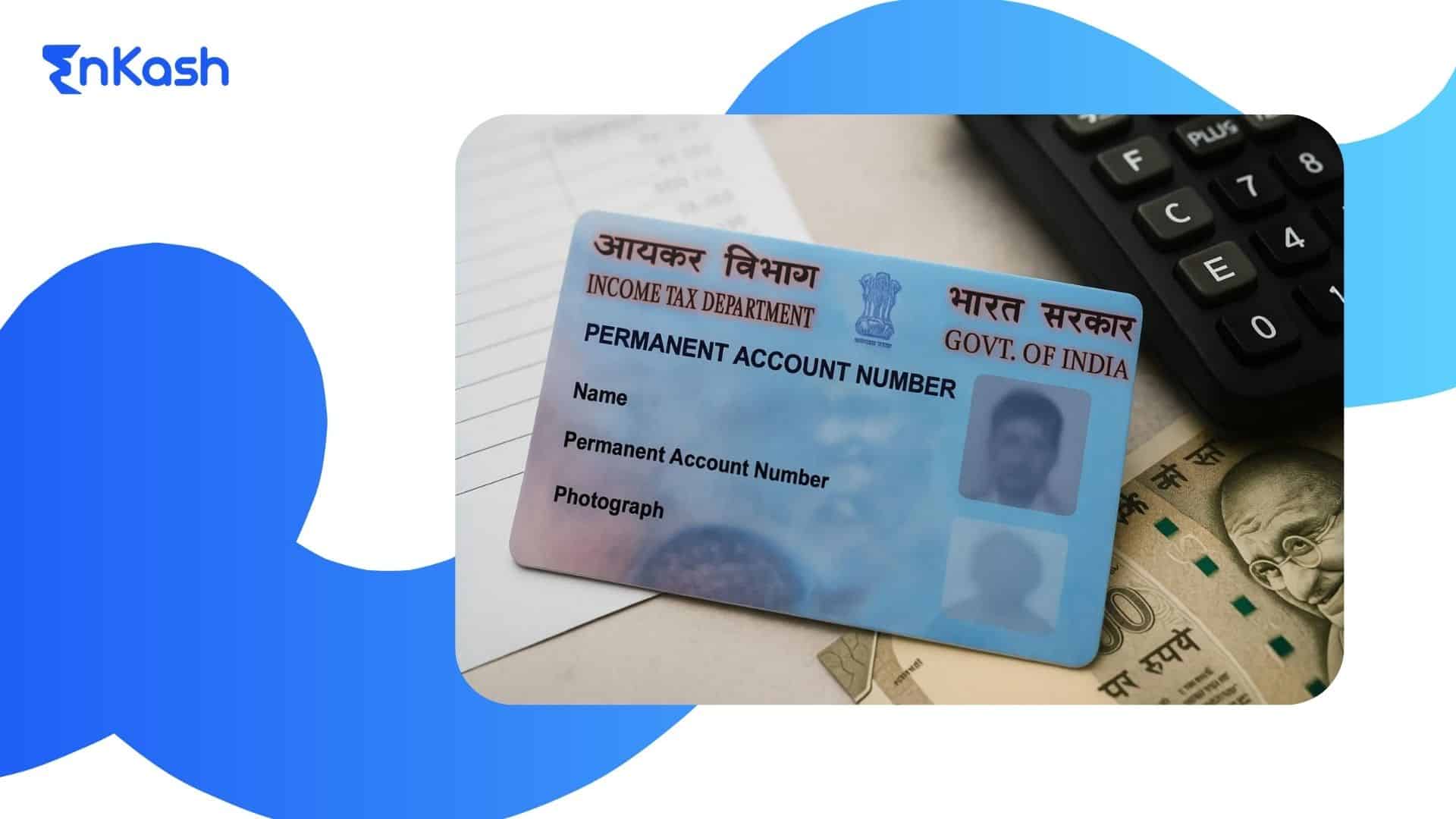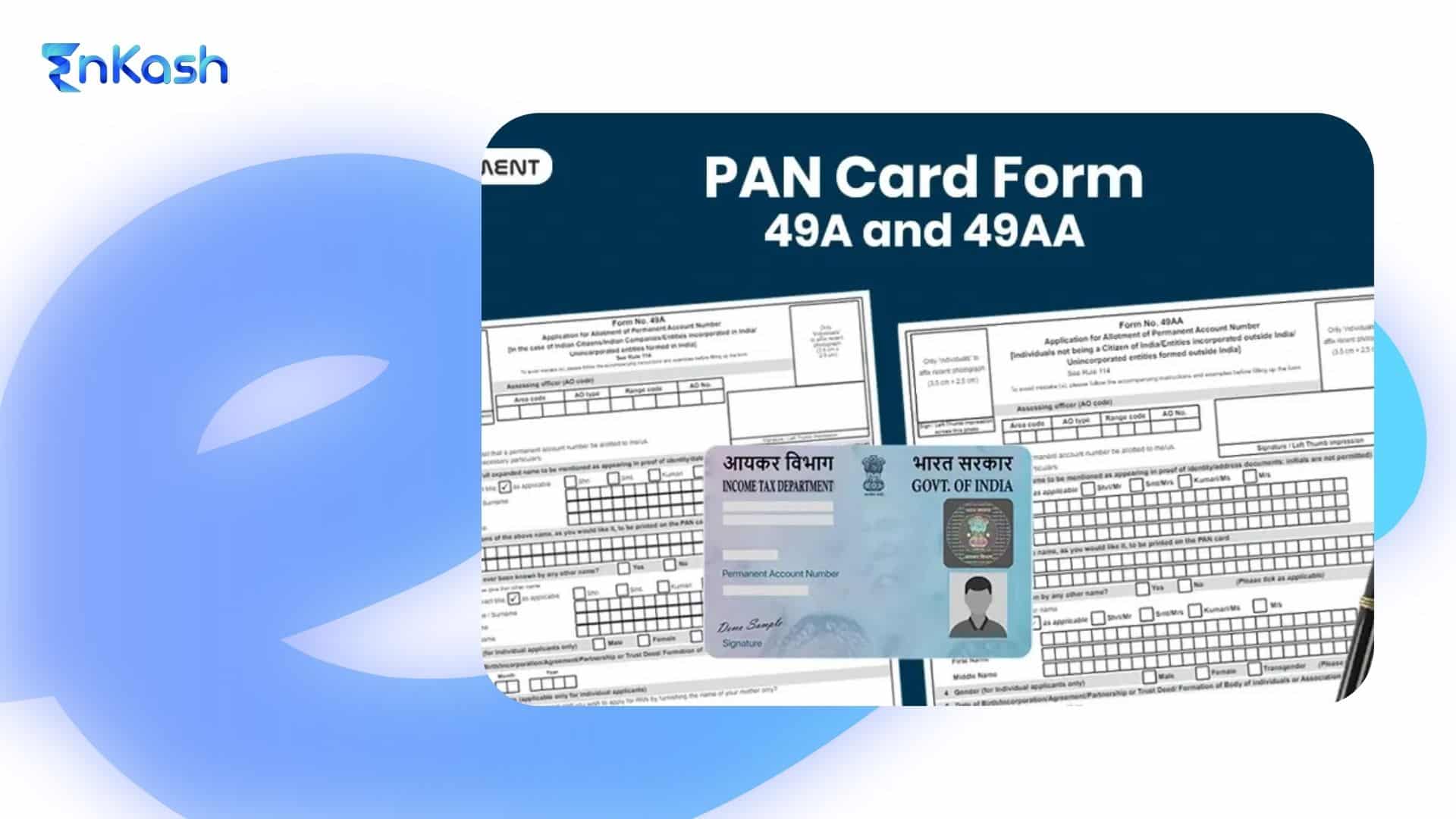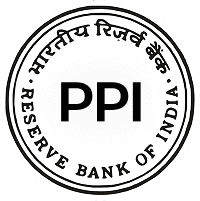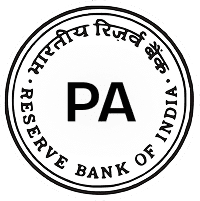Introduction
In the modern world, foreign contributions play a major role in the development of social and educational programs. The process of receiving and utilizing these funds, however, calls for strict regulatory measures to be implemented. FCRA, among other things, imposed restrictions that would guarantee transparency and accountability in every single step of the process. The Foreign Contribution Regulation Act (FCRA) thus becomes the legal backbone needed to control and manage the foreign funds of NGOs, trusts, and charitable organizations properly, as it allows advocating and regulating such funds. FCRA, among other things, imposes restrictions on registration, the use of designated bank accounts, and compliance with reporting requirements. Adhering to these regulations allows the organizations not only to gain the trust of the donors but also to uphold the highest ethical standards and, to the fullest extent possible, to utilize the foreign contributions for rightful social and developmental purposes.
What Is FCRA?
FCRA Full Form
FCRA is an abbreviation used for the Foreign Contribution Regulation Act. It is a legal framework that governs the reception and usage of foreign donations in India. The Act is established to restrict national interests and allow organizations or individuals using foreign funds to act ethically and responsibly.
FCRA Meaning
The FCRA, or the Foreign Contribution Regulation Act, was first enacted in 1976 and went through a major revision in 2010 when it became more stringent. The FCRA required that every trust or organization that was taking foreign funds into India not only be registered under the FCRA but also obtain prior permission from the Ministry of Home Affairs (MHA) in cases of emergency. The regulation, in this respect, is derived from the viewpoint that the foreign money will be spent according to the purpose intended and will not in any way negatively influence the socio-political environment and activities of India.
FCRA Registration
The foreign money is going to the appropriate and legal beneficiaries, thus the registration under the Foreign Contribution Regulation Act (FCRA) is a crucial legal requirement that ensures Indian organizations such as NGOs, charitable trusts, and Section 8 companies can receive foreign donations and that the money will be spent on development, social, education, and humanitarian issues rather than being redirected to areas that might be seen as going against the country’s security or interests.
For an organization to receive FCRA registration, it must first be legally established under one of the Indian laws: the Trust Act, Societies Registration Act, or Companies Act, and the duration of its existence must be at least three years. During these three years, an organization must spend at least ₹10 lakh on its core activities, excluding administrative costs. Proper accounting practices and annual audits to verify the organization’s transparency and accountability are also requirements. Once the verification is successfully done, the organization is issued an FCRA registration certificate, which is valid for five years. It is necessary to renew it before the expiration date to continue the legal reception of foreign contributions. In sum, FCRA registration not just increases the confidence of donors but also assures the Government of India that the organizations are working within the legal and ethical boundaries set by it.
FCRA Account
The most important aspect of FCRA compliance is maintaining a separate bank account that is strictly meant for the receipt and use of foreign contributions. This would make it easier to handle international donations transparently, accountably, and legally. According to the Foreign Contribution Regulation Act, 2010, all foreign funds coming to an organization must be deposited only in the specified FCRA account, which is thus the official channel for foreign contributions. The organization has to make sure that domestic funds and foreign donations are never mixed but are kept clearly separated.
This separation facilitates tracking, auditing, and verifying how foreign contributions are used. Moreover, every transaction, whether it is for use or withdrawal, must be properly documented and tracked for financial clarity. The FCRA amendment (2020) states that it is compulsory to open the primary FCRA account at the State Bank of India, New Delhi Main Branch (NDMB) as mandated by the FCRA (Amendment) Act, 2020. Once the organization has received funds in this main account, it can transfer money to different designated FCRA utilization accounts in different banks, provided these accounts are duly reported to the Ministry of Home Affairs (MHA).
FCRA Compliance and Regulations
FCRA compliance comprises more than just acquiring the registration, and it entails that the organizations will be regulated by stringent measures to ensure that the foreign donations are applied transparently and legally. The Foreign Contribution Regulation Act, 2010 stipulates that the foreign funds must be used by the organizations for the specific purpose for which they were received, thereby making sure that every donation is instrumental in carrying out the intended developmental, social, educational, or humanitarian activity. The administrative cost is allowed to be up to a certain limit, mostly not more than 20% of the total foreign contribution, to curb the misuse of funds.
The organizations are also expressly forbidden to transfer the foreign contributions to any other organization without the FCRA approval, thus exercising tight control on the flow of foreign funds. Timeliness in reporting is an essential part of compliance, and all the registered entities are required to file their annual return (Form FC-4) along with the audited financial statements within nine months of the close of the financial year, which is normally December 31. Moreover, the organizations are required to inform the government of any major changes, such as a change of address, office bearers, or bank accounts designated for FCRA, to keep transparency flowing. Non-adherence to FCRA regulations can lead to harsh penalties such as cancellation or suspension of the registration, bank accounts, huge fines, or even legal action. The 2020 amendment in FCRA made compliance more stringent by introducing norms like mandatory Aadhaar verification for office bearers and limitations on fund transfers, thereby promoting accountability and discouraging the diversion of foreign funds further.
FCRA License
The term FCRA license is frequently linked to the FCRA registration certificate, which is granted by the Ministry of Home Affairs (MHA) and allows an organization to legally obtain and use foreign contributions. This license represents an NGO, charity, trust, society, and Section 8 companies’ right to international funding for the execution of their developmental, social, educational, or cultural programs; hence, it is an important document for them. An FCRA license has a common validity of five years from the date of issue, and the organizations are required to submit renewal applications at least six months before its expiration to receive foreign contributions without interruption. In the case of a valid license, it is very much necessary for organizations to comply strictly with all the provisions of FCRA, including the fund usage reporting, the timely submission of annual returns, the maintenance of audited accounts, the reporting of changes in key personnel, addresses, or designated bank accounts to the Ministry of Home Affairs, and so forth. Not complying with these requirements may cause FCRA license revocation or suspension, thereby making it illegal for the organization to accept foreign donations and possibly leading to fines or legal actions. The maintenance of an active FCRA license, besides guaranteeing legal access to foreign contributions, enhances the trustworthiness of the organization in front of the donors and the regulatory authorities. It is proof that the NGO or the non-profit organization is devoted to transparency, carrying out accountable fund management, and ethical use of international funds.
FCRA in Banking
The FCRA regulations are very much intertwined with the banking sector, as the foreign donations are mostly through banks, thus making them a major part of the compliance and oversight. One of the major things regarding FCRA banking is that the banks have to confirm whether the receiving agency has a valid FCRA registration before they allow any foreign remittance to be processed.
By going through this confirmation process, it will be ensured that only those NGOs, charitable trusts, societies, or Section 8 companies that are legally registered can receive international funding, and this will also stop the unauthorized organizations from receiving foreign contributions. The maintenance of a separate designated FCRA account has been made another significant requirement, and it ensures that the foreign funds are kept strictly apart from the local ones.
This separation of funds helps in the transparent tracking of the total funds coming in and going out, which makes the audits and reporting easier and more accurate. Besides, banks are required to submit details of foreign remittances to the government, which allows the authorities to keep an eye on the international funds flow and make sure that they are being used for the legal and intended purposes only.
For NGOs and other organizations, coordinating closely with their FCRA bank is important in the case of compliance with the FCRA banking guidelines. This includes reports done on time, correct records kept, and the following of procedures for fund transfers and withdrawals. Besides that, following the FCRA banking rules protects the organization from fines, suspension of registration, or freezing of accounts due to non-compliance.
Key Provisions of the FCRA Act 2010
Mandatory Registration or Permission
Except for the cases where the Ministry of Home Affairs (MHA) has granted prior registration or explicit permission, no one, neither the organization nor the individual, can accept any foreign contributions.
Registration Validity
The validity period of FCRA registration is five years; after that, the organizations have to apply for renewal to continue receiving foreign funds legally.
Separate FCRA Bank Account
Any organization has to open an exclusive FCRA bank account to prevent the mixing of foreign and domestic funds and contribute only through that account.
Utilization of Funds
The foreign contributions have to be used only for the declared purpose, which has been specified during registration; also, the limit for administrative expenses has to be kept to the permissible one to prevent the misuse of funds.
Restriction on Fund Transfer
The Act makes it illegal to move the foreign funds to any unregistered body, thus making certain that the donations are used and done so legally and responsibly.
Government Oversight
The authorities are given the power to conduct the audit, inspect, or suspend the registrations in case of violations, which will ensure that the FCRA rules are complied with strictly.
2020 Amendment
A key feature of the 2020 amendment was mandatory Aadhaar verification for office bearers and stricter fund monitoring, as well as the establishment of stricter monitoring mechanisms for fund transfers and reporting.
Benefits and Importance of FCRA
For the Nation
The FCRA is an indispensable Act in preserving India’s overall integrity by preventing the misuse of foreign funds for political, anti-national, or illegal activities. By controlling the international fund flows, the Act also guarantees that foreign money would not be used to compromise national security or disturb social harmony. Furthermore, FCRA encourages the sharing of information and responsible action in the non-profit sector, thus fostering trust among the government, citizens, and the global donor community. The whole regulatory environment fortifies both India’s financial and social systems through its mechanism of ensuring that foreign contributions are used ethically and for the rightful purposes.
For NGOs and Non-Profits
FCRA makes it possible for NGOs, charitable trusts, and Section 8 companies to legally receive and use foreign donations. They can thus execute projects that are beneficial to society, such as education, health, rural development, and even cultural activities. FCRA registration not only boosts the reputation of the organizations among both domestic and international donors but also indicates that the NGO is working transparently and is in compliance with the government’s regulations.
FCRA requires accurate accounting and reporting of foreign contributions, thereby encouraging organizations to maintain transparency in their financial dealings, which in turn helps to develop long-term trust with the stakeholders and donors.
For Donors
The same applies to both local and international donors, as FCRA makes certain that the contributions go to the non-profit organizations that are legally registered and compliant with the regulations. This gives the donors the confidence that their money will be spent on the real needy sector or will be for the developmental purpose they intended and not misappropriated.
Conclusion
The Foreign Contribution Regulation Act, 2010 (FCRA) primarily regulates foreign funds coming to Indian organizations and is thereby important for them. The legislation guarantees that foreign donations are managed in a responsible, transparent, and national interest manner. For non-profit and charitable organizations, getting FCRA registration is not just a legal obligation but also a sign of authenticity, which in turn increases their trustworthiness among donors. Non-profit organizations can, by complying with FCRA regulations, keeping correct accounts, and timely reporting, show their accountability, attract global support, and contribute to the country’s social, educational, and developmental initiatives while using foreign funds ethically.












